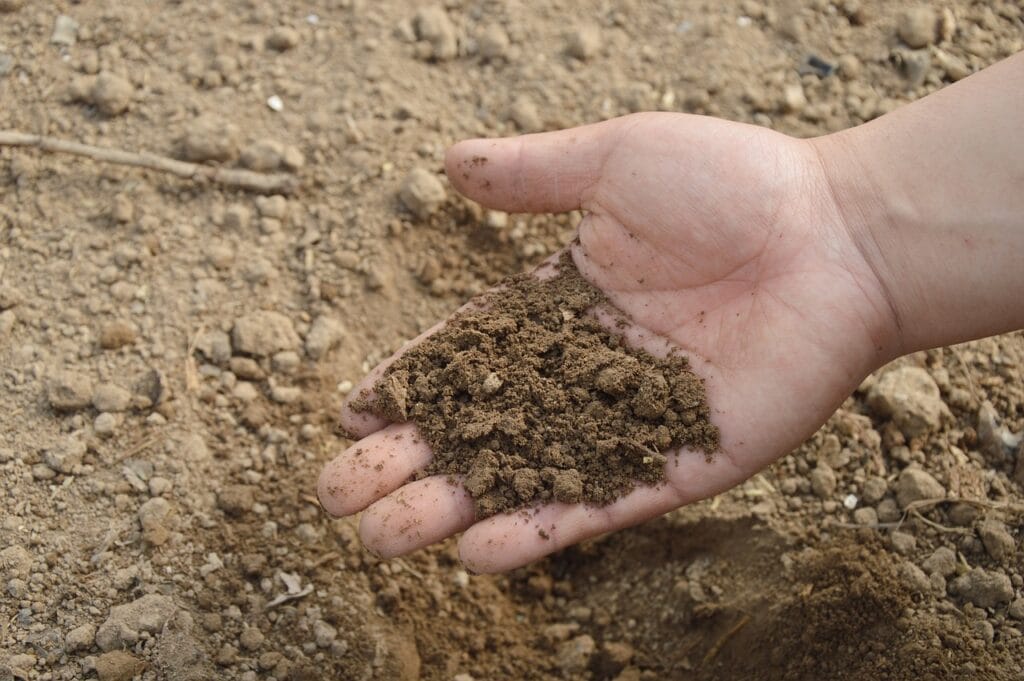pH: A measure of the acidity or alkalinity of a solution, such as soil or water.
Think of pH as a scale that tells you how acidic or alkaline something is. A pH of 7 is neutral, like pure water. Values below 7 are acidic, like lemon juice and values above 7 are alkaline, like baking soda. In gardening, pH is important because it affects how well plants can absorb nutrients from the soil.
Most garden plants prefer a slightly acidic soil pH between 6.0 and 7.0. When the pH is too high or too low, certain nutrients become less available to the plants, even if they’re present in the soil. It’s like the nutrients are locked away, and the plants can’t access them. Testing your soil’s pH is a good idea to ensure it’s in the optimal range for your plants. If it’s not, you can amend the soil to adjust the pH and make it more suitable for your garden.

Disclaimer: This post is for informational purposes only and should not be construed as health, wellness or nutrition advice. Please see our full disclaimers here.
« Back to Glossary Index
